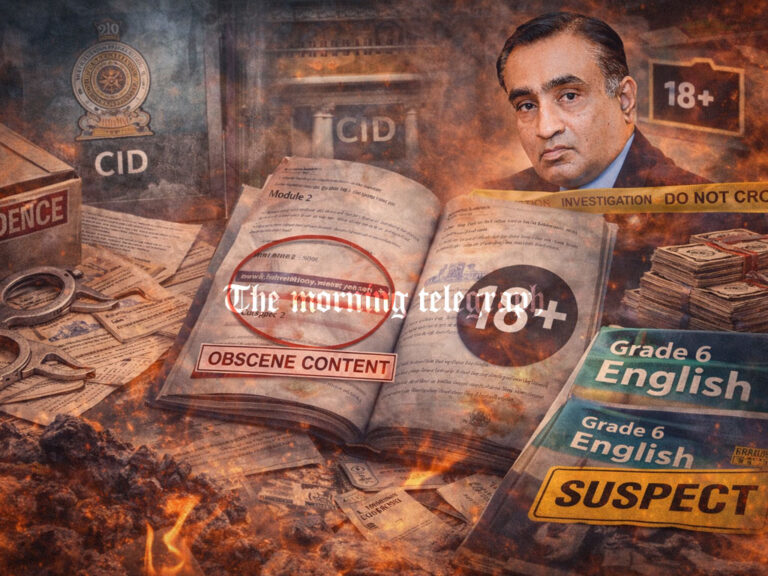
In his critique of President Anura Kumara Dissanayake’s fiscal approach, former MP Nimal Lanza outlined a series of financial moves he believes signal a concerning trajectory for Sri Lanka’s economic future. Lanza highlighted what he described as an alarming acceleration in government debt, particularly through recent issuances of bonds and treasury bills. He noted that these steps, amounting to approximately 1,400 billion rupees in loans, stand in stark contrast to the anti-debt stance that Dissanayake’s administration had championed prior to taking office.
Lanza’s comments come amid discussions about the government’s reluctance to follow through with IMF recommendations, which include proposed tax reforms. He emphasized that fulfilling these IMF mandates is necessary to secure further installments of financial relief initially arranged under former President Ranil Wickremesinghe. Wickremesinghe had previously coordinated a relief package valued at $17 billion by engaging with both international lenders and 17 other creditor countries, a strategy Lanza argued demonstrated a disciplined approach to debt management.
According to Lanza, the Dissanayake administration appears to be postponing certain IMF-recommended reforms, potentially due to concerns over their electoral impact. He warned that delaying these reforms could not only strain relations with the IMF but might also jeopardize the confidence of international financial partners who closely watch the government’s fiscal policies. Lanza argued that by postponing necessary changes, the administration may be seeking short-term gains that risk undermining the country’s longer-term economic stability.
Lanza also underscored the lack of tangible progress on promises to attract foreign remittances as an alternative to borrowing. He referenced earlier statements from government officials, who had claimed that incoming funds from the diaspora could offset the need for loans. However, Lanza pointed out that these inflows have not materialized, leaving the government to depend on traditional debt mechanisms.
The former MP further criticized what he perceived as a lack of clarity and honesty in the government’s economic messaging, calling on President Dissanayake to provide straightforward explanations for deviations from earlier promises. He suggested that continual discrepancies between promises and actions would erode public trust and urged the government to adopt a more transparent approach to governance. Lanza concluded with a cautionary note, stating that the public’s patience may wane if perceived inconsistencies in leadership and policy continue unaddressed.




